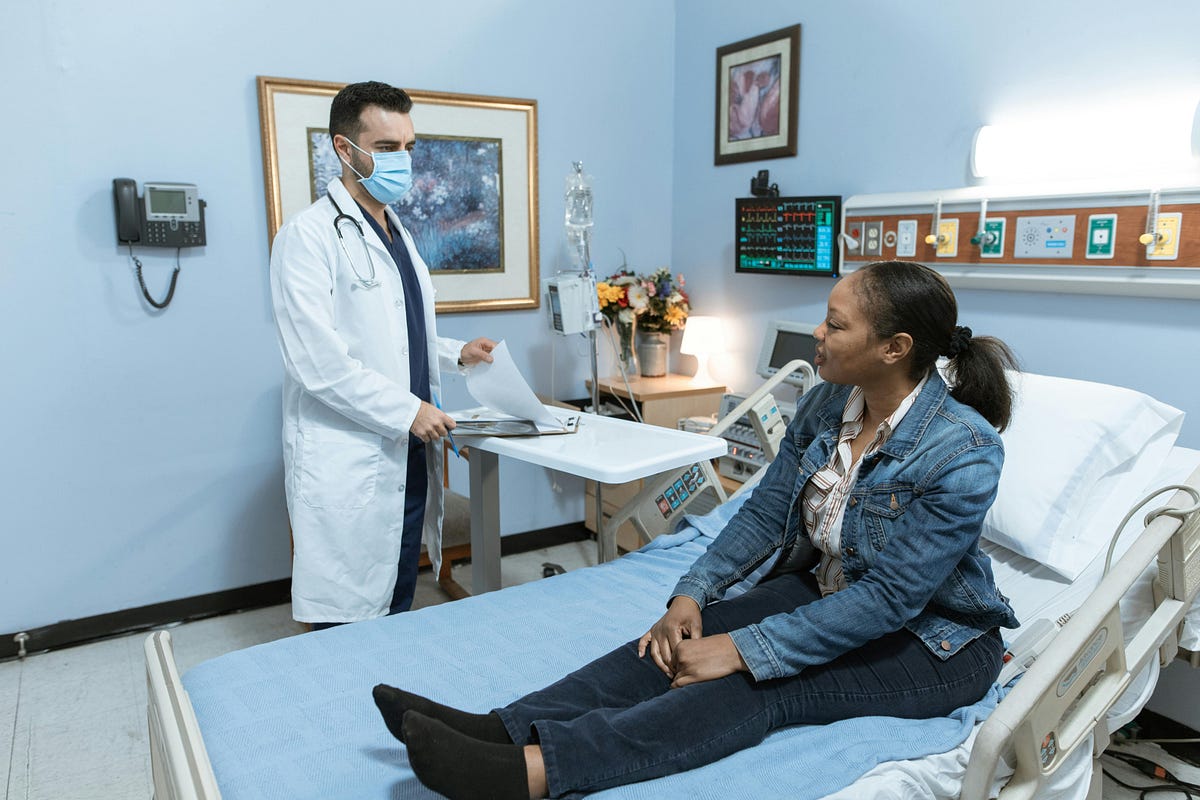Recognizing and Addressing Gaslighting in Healthcare: Empowering Patients and Supporting Providers
This article explores the problem of gaslighting in the healthcare sector and provides insights on how to effectively address it. Gaslighting, a form of emotional abuse where the perpetrator makes the victim question their own reality, is a significant concern in healthcare settings, as it can erode patient trust, compromise patient care, and contribute to provider burnout.
The article emphasizes the importance of raising awareness about gaslighting among both patients and healthcare professionals. Patients should be empowered to recognize the signs of gaslighting and advocate for their needs, while providers should be equipped with strategies to identify and respond to gaslighting behaviors.
The article suggests that healthcare organizations should foster a culture of empathy, open communication, and accountability to address gaslighting. Providers should be trained to listen actively, validate patient concerns, and collaborate with patients in their care. Patients should be encouraged to voice their experiences and concerns without fear of retaliation.
Additionally, the article highlights the need to support healthcare providers who may be victims of gaslighting from colleagues or superiors. Implementing robust reporting systems, providing mental health resources, and fostering a non-punitive environment can help healthcare professionals navigate these challenging situations.
By addressing gaslighting in the healthcare sector, the article aims to empower patients, improve provider well-being, and ultimately enhance the overall quality of healthcare delivery.
Zusammenfassung anpassen
Mit KI umschreiben
Zitate generieren
Quelle übersetzen
In eine andere Sprache
Mindmap erstellen
aus dem Quellinhalt
Quelle besuchen
medium.com
Why Gaslighting Matters in the Healthcare Sector & How to Deal with It Effectively
Wichtige Erkenntnisse aus
by Dr Mehmet Yi... um medium.com 04-07-2024
https://medium.com/illumination/why-gaslighting-matters-in-the-healthcare-sector-how-to-deal-with-it-effectively-350fa26307a3
Tiefere Fragen
